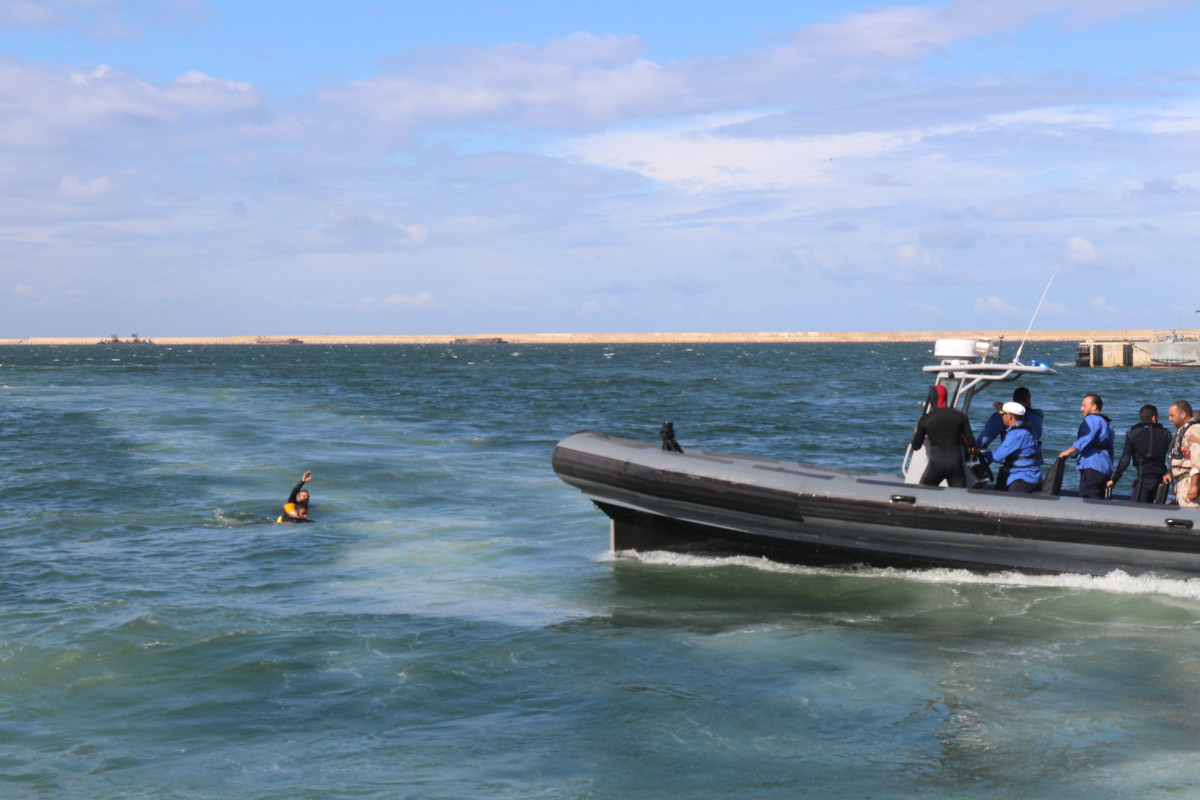EU: More surveillance, funding and operational cooperation to fight migrant smuggling
Topic
Country/Region
24 October 2023
A Spanish presidency note to member state representatives in the Council identifies cross-border organised crime as a key threat to the correct functioning of the Schengen area, calling for additional impetus in 2023-2024 to fight “cross-border, serious and organised crime”. Crimes involving smuggling and exploitation (including of children, trafficking, sexual exploitation) are deemed challenges for external border management and the Schengen area.
Support our work: become a Friend of Statewatch from as little as £1/€1 per month.
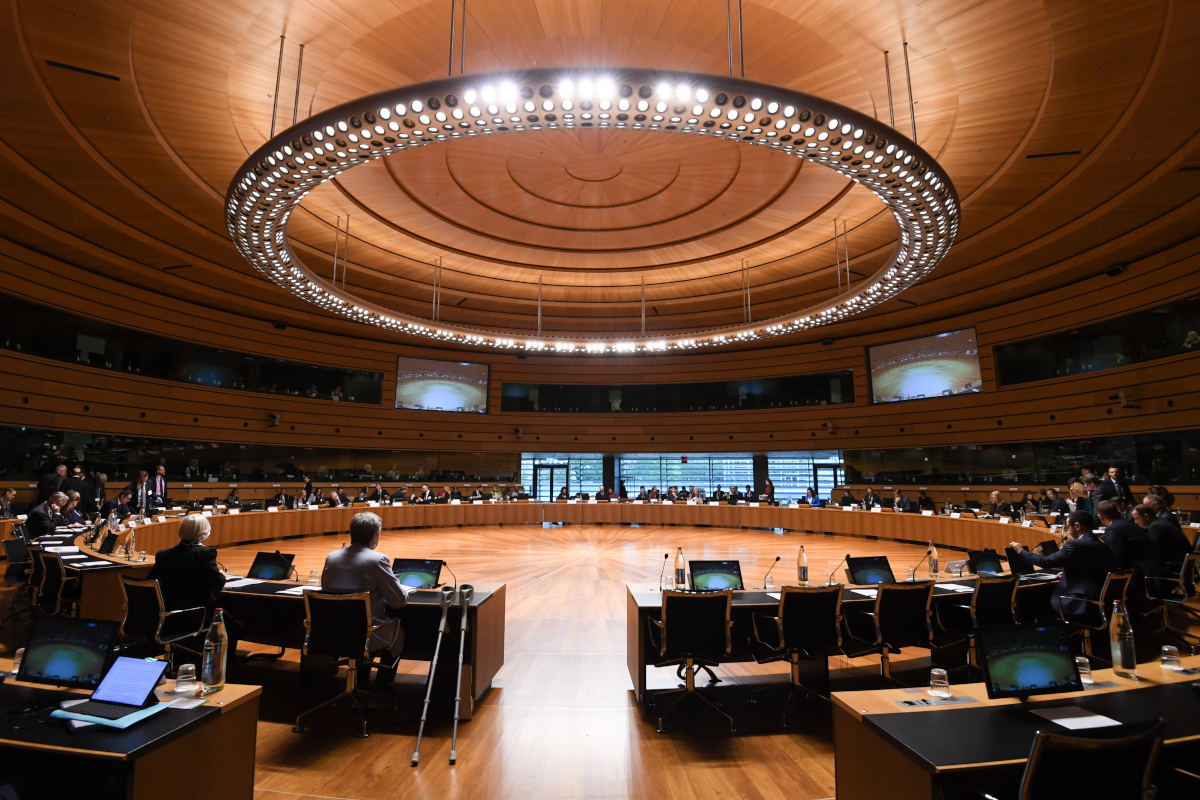
The Justice and Home Affairs Council in Luxembourg last week. Image: Council of the European Union
The document (pdf), which was intended to inform discussion at last week’s Justice and Home Affairs (JHA) Council meeting and which follows on from a previous Spanish Presidency discussion paper, highlights “various crises” that feed into a “market for migrant smuggling” and rising “irregular” border crossings.
The number of irregular border crossings recorded by Frontex between January and August is “the highest total since 2016”, says the document, although this omits the fact that 2022 figures would have been far higher if Ukrainians had not benefited from an emergency mechanism denied to other refugees fleeing conflicts. The Presidency argues that the EU’s response must better adapt to reality.
Four sets of actions are listed:
- enhancing shared situational awareness;
- reinforcing the EU legal framework on migrant smuggling;
- strengthening and integrating European operational cooperation; and
- maximising synergies with EU external action.
Situational awareness
Proposed actions to enhance situational awareness are: proactive information sharing, including that obtained in third countries via the European Migrant Smuggling Centre (EMSC) at Europol. EU JHA agencies must develop a “joint situational picture and analysis on migrant smuggling” to be considered for the March 2024 Schengen Barometer, and intensify cooperation with the European Maritime Safety Agency (EMSA), says the document.
Member states should also feed JHA information systems and carry out systematic checks at external borders and within the Schengen area, as well as “in third countries,” says the document. The Schengen Council should be provided with updates on member state use of the systems from December onwards, says the note.
Europol’s Internet Referral Unit (IRU) and the EMSC must engage with member states to “map the digital footprint of migrant smuggling networks”; and intelligence gathering is needed on the role of external actors to facilitate “irregular migration for the purpose of destabilising” the EU or member states.
Reinforcing the legal framework
Forthcoming proposals from the Commission to strengthen the legislative framework against smuggling, announced by Ursula von der Leyen in this year’s State of the Union address, should reinforce “sanctions, governance, information flows and the role of JHA agencies”.
The Commission should also submit an overview on the applicable legal framework, implementation of the operational and legal frameworks, the 2021-2025 migrant smuggling action plan and member state legislation in this field, the Presidency states.
Strengthening and integrating European operational cooperation
Member states should increase joint investigations, with support from Eurojust, Europol and operational task forces cooperating with the European Multidisciplinary Platform Against Criminal Threats (EMPACT), of “identified high-value targets and high-risk criminal networks”. Targeted joint patrol and joint operations – offline and online – must be established or deployed, while JHA agencies should maximise their involvement in EMPACT, establishing joint actions and fostering “synergies between operational actions in Operational Action Plans that have an impact on migrant smuggling.” Reinforced budgets are called for to support “operational actions and digitalisation of the platform” into 2024-25 “and beyond.”
The use of Eurojust by member states should be optimised to support investigation and prosecution of migrant smuggling, including through the use of joint investigative teams, operational tools and involvement in the Joint Liaison Task Force on Migrant Smuggling and Trafficking in Human Beings.
Financial investigations and asset recovery procedures targeting organised crime should be undertaken “by default,” supported by Europol’s Financial and Economic Crime Centre and Eurojust. The document also calls for alignment between forthcoming national integrated border management (IBM) strategies with the EU’s multiannual European IBM strategy, whilst national integrated border surveillance systems must incorporate risk analyses and vulnerability assessments such as those prepared by Frontex.
The note also calls for improvement in member states’ border checks, using Frontex operational support “where relevant,” focusing on “high-risk entry points” and potentially benefiting from EU funding for this purpose. The document also calls for the new “High-Level Group (HLG) on access to data for effective law enforcement” to devise “solutions that will give practitioners adequate access to data.” The Commission is called upon to present the main findings of that group by the end of 2024.
Synergies with external action
The “Team Europe” approach to external action is deemed key to maximise synergies, including through effective implementation of “Anti-Smuggling Operational Partnerships [ASOPs] with third countries or regions.” Two of these were launched last year, with Morocco and Niger. The coup in Niger has put the latter on hold, though there is enthusiasm for it to continue. The Commission and member states are also called upon to identify potential new partners.
Enhancing information exchange on smuggling with third countries would include “ad-hoc support to ongoing investigations.” This could be done through connecting member states’ immigration liaison officers to the SIENA information exchange network, says the document, while EU-funded projects and existing partnerships within the EMSC Information Clearing House should be used to “develop situational awareness and early warning systems”.
Important roles are to be given to Eurojust, Europol and Frontex in this area, with the latter expected to make use of its mandate to operate in third countries to enable “region-specific operational presence and intelligence-sharing structures”.
Challenges and needs
An annex to the document, entitled “Fighting cross-border crime, especially migrant smuggling: CHALLENGES AND NEEDS,” raises the problem of smuggling and criminal networks’ adaptability to changing circumstances, including shifts in policy or the intensity of law enforcement activities.
A review of the EU’s action plan against migrant smuggling for 2021-2025 and the plan to update the legal framework should help to disrupt smugglers’ business and fight their networks. In fact, smuggling is deemed “highly profitable” and as incurring “a low risk of detection and punishment.” The document does not note that the law in question, the Facilitation Directive, has also made it possible for member states to criminalise EU citizens who help people on the move.
The multifaceted nature and ramifications of migrant smuggling are presented as needing a comprehensive response involving improved “operational cooperation between all stakeholders” and an increase in “interagency and multidisciplinary cooperation” through the EMPACT framework. Work with border guards to improve external border management should hence be flanked by financial investigations and increased capacity for law enforcement and judicial authorities (also in third countries) to target smuggling groups’ online presence, due to their misuse of the “online environment and use [of] encrypted communication”. This requires law enforcement to be able to access data, to decrypt it and to retain it for as long as is necessary for investigatory and prosecution purposes, says the note.
The note also argues that links between smuggling, trafficking and exploitation mean that action is needed to protect vulnerable migrants and to improve practices to combat document fraud. In terms of “maximising synergies with EU external action,” the document says “much progress has been made on this in recent years,” including stronger links with Common Security and Defence Policy (CSDP) missions, the creation of a network of immigration liaison officers and measures proposed by the Commission through action plans on the central Mediterranean, Western Balkans and the Western Mediterranean and the Atlantic. An action plan for the eastern Mediterranean was announced a week after the document was circulated, coinciding with the JHA Council meeting. Anti-Smuggling Operational Partnerships with countries of origin and transit are deemed key to provide a “more coordinated and structured approach”.
Documentation
- Overall state of the Schengen area – Fighting cross-border crime, especially migrant smuggling (Council doc. 13901/23, LIMITE, 11 October 2023, pdf)
Our work is only possible with your support.
Become a Friend of Statewatch from as little as £1/€1 per month.
Further reading
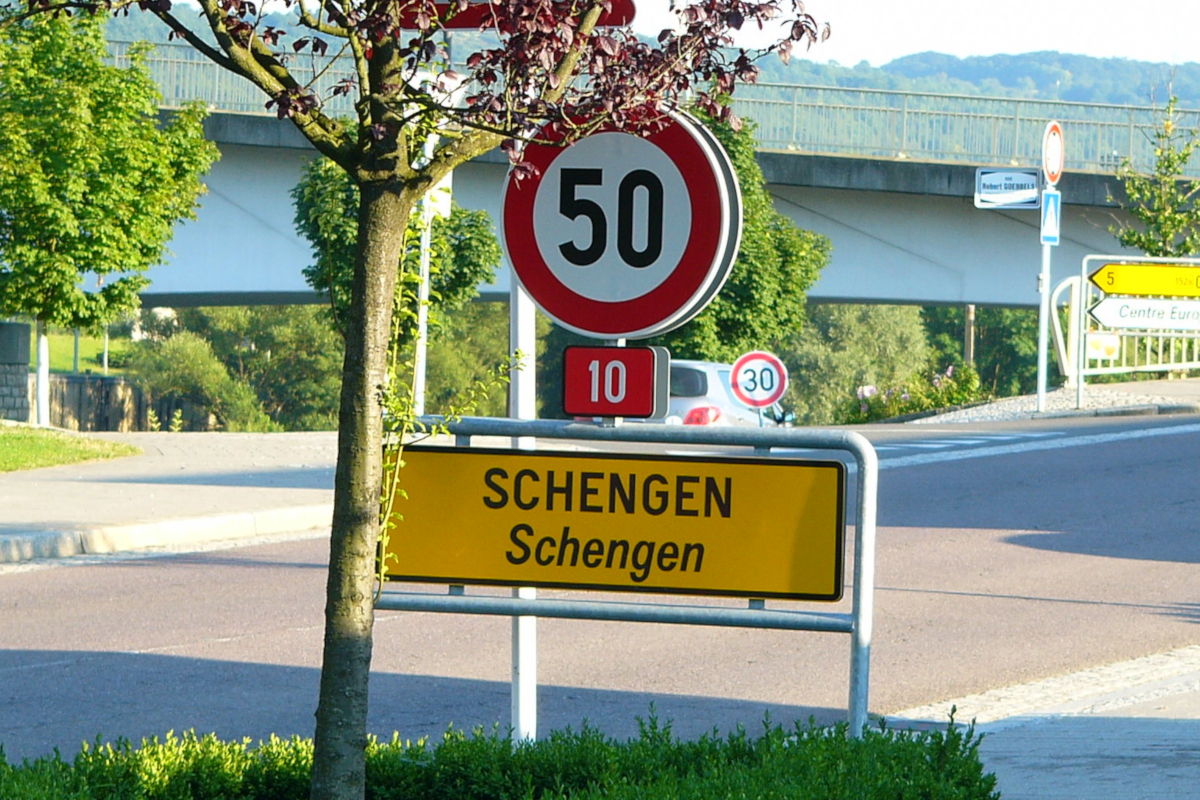
EU gears up for renewed crackdown on migrant smuggling
At the Schengen Council meeting on 19 October, ministers will discuss how to ramp up the EU's repressive measures against migrant smuggling and decide on "actions, commitments and sustainable solutions." A draft paper from the Spanish Council Presidency gives an indication of the plans that are in the works.
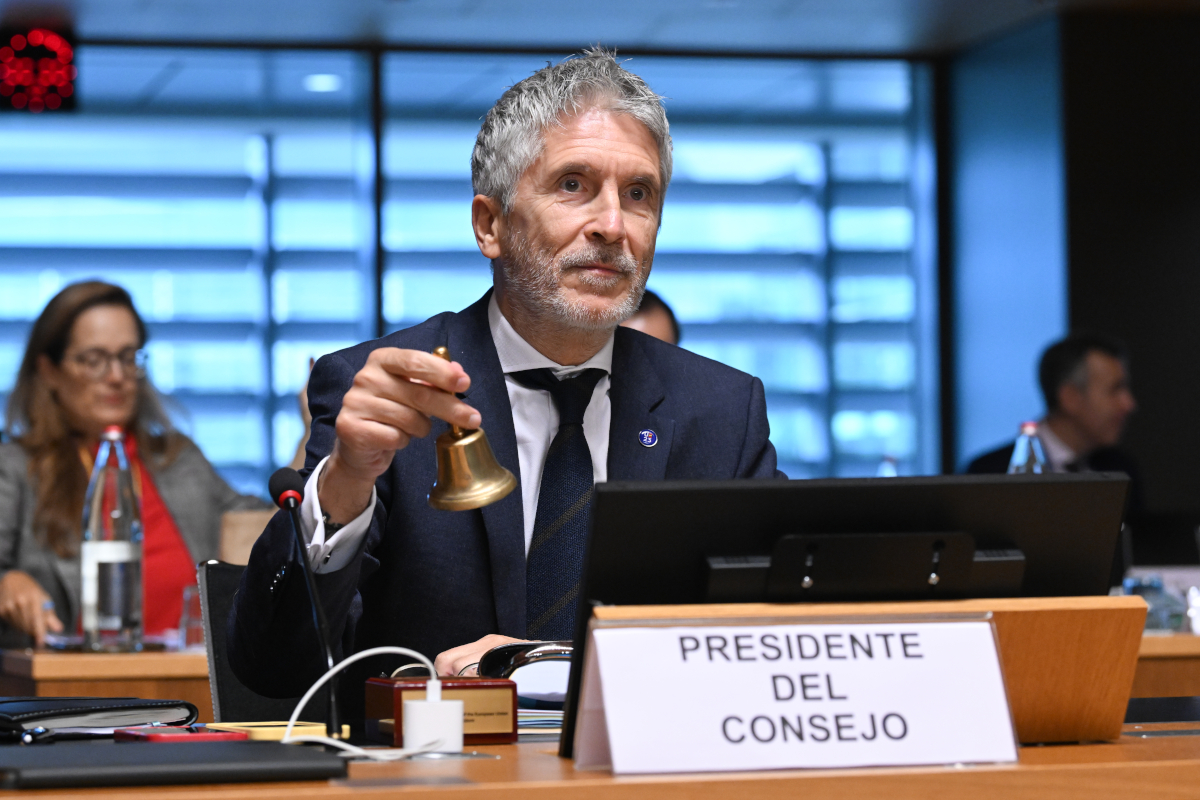
Spanish Presidency: more funds needed for border externalisation if EU is to stay "credible vis-à-vis key third countries"
Externalisation of migration control is back on the agenda of the Justice and Home Affairs Council today. The Spanish Presidency's recent proposal for a "preventive" approach is to be debated further, with discussion focusing on ways to "optimise" the EU's current "toolbox" for externalisating migration controls and how to ensure "robust, efficient and coordinated financial support," including direct funding to third countries so that the EU can remain "credible".
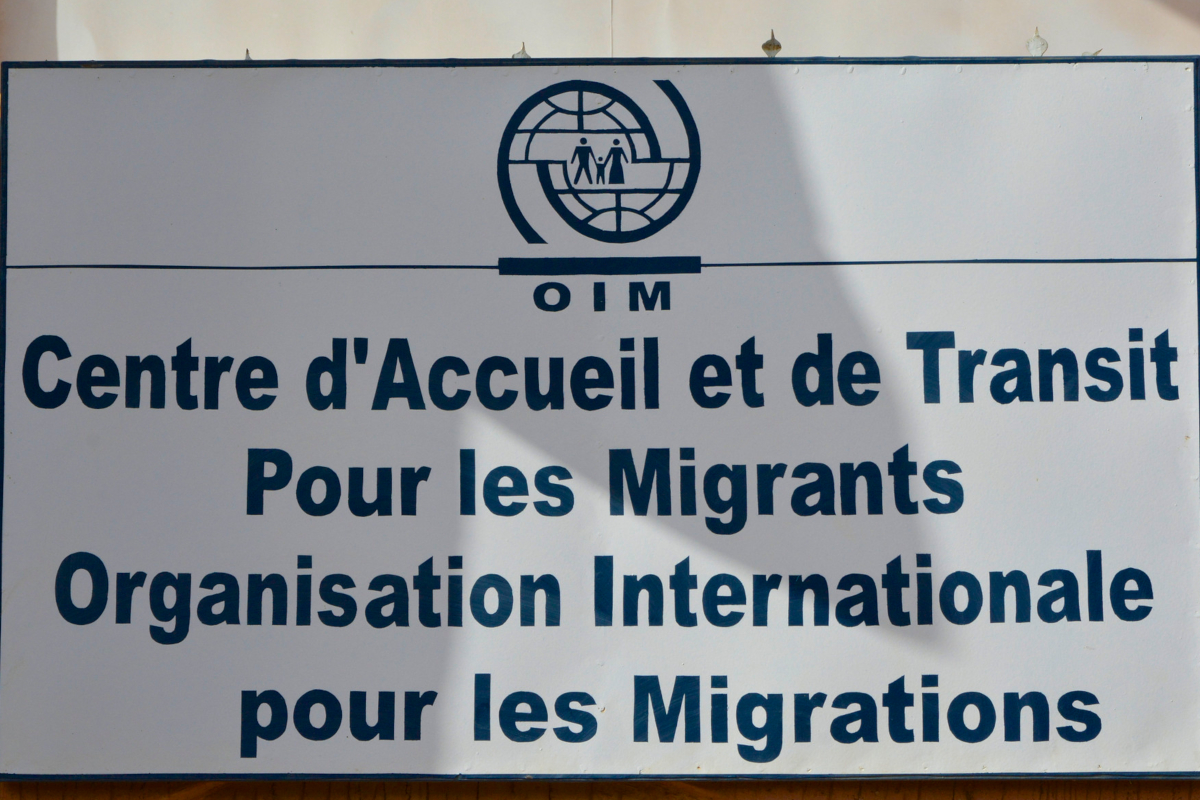
After the Niger coup, Spanish Council Presidency asks: "How can we continue cooperation on migration and border management?"
Earlier this month, an article published by Statewatch questioned how long it would be before the EU's cooperation on security and migration with Niger - which was halted after the coup at the end of July - was restarted. A document circulated by the Spanish Presidency of the Council on 8 September suggests that, despite the EU condemning the coup "in the strongest terms," there is enthusiasm to get joint projects going again.
Spotted an error? If you've spotted a problem with this page, just click once to let us know.

